Kidney Beans Benefits: 8 Science-Backed Health Advantages
From improving heart health to strengthening the bones – these beans can do it all!
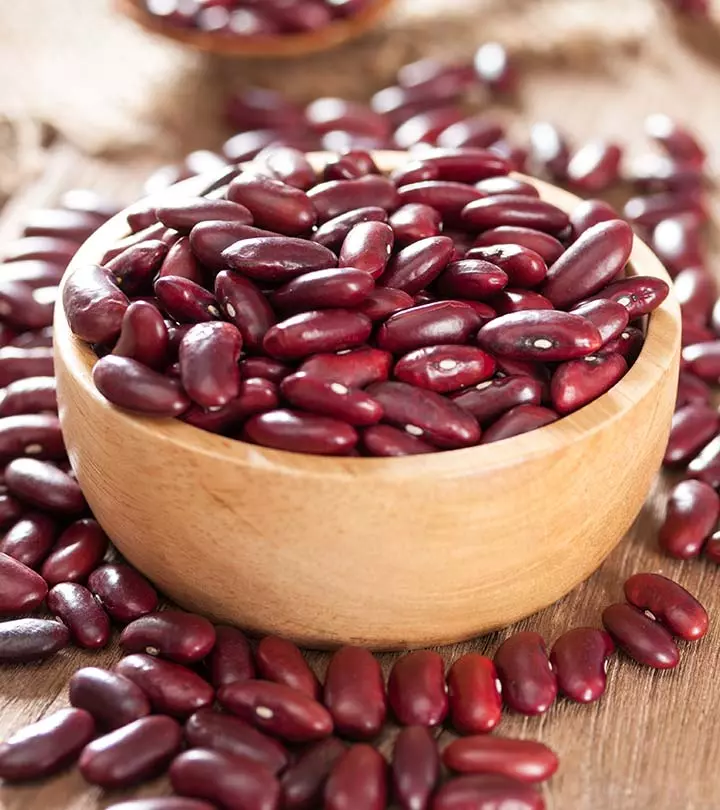
Image: Shutterstock
The benefits of kidney beans are gaining the attention of many health enthusiasts and researchers. They add a delicious flavor and texture to popular dishes and are especially known for their unique appearance (resembling kidneys). Their beneficial nutrients are known to cut down the risk of cancer and cardiovascular disease. This post discusses the many other ways kidney beans benefit your health. Scroll down to know!

 Know Your Ingredient: Kidney Bean
Know Your Ingredient: Kidney BeanWhat Is It?
An American legume that resembles a kidney in shape as well as color.
What Are Its Benefits?
It is good for muscle building, diabetes treatment, heart health, weight loss, and beneficial during pregnancy.
Who Can Use It?
Anyone who is not allergic to it can consume it.
How Often?
It can be consumed daily in moderation.
Caution
Excessive consumption can lead to diarrhea, nausea, and abdominal pain and, in severe cases, hemagglutinin poisoning and organ damage.
In This Article
How Are Kidney Beans Good For You?
Are kidney beans healthy? Yes, the beans are rich in protein. They are some of the richest sources of plant protein, a nutrient that helps build muscle mass. And the fiber in the beans boosts digestive health and keeps serious ailments like colorectal cancer at bay. Kidney beans contain other essential nutrients like iron, copper, folate, and manganese, which maintain several vital bodily functions.
 Trivia
TriviaThat’s the brief. And now, you can get to the details to learn how kidney beans can enrich your life in a wonderful way.
Key Takeaways
- Kidney beans may help manage weight as it is low-fat food.
- It may improve bone, heart, and brain health, diabetes, and cancer.
- Overconsumption of kidney beans may cause cancer, heart, and brain damage.
- Kidney beans are rich in hemagglutinin which may cause diarrhea, nausea, or abdominal pain if not balanced properly.
What Are The Benefits Of Kidney Beans?
1. Kidney Beans Aid Diabetes Treatment
According to the American Diabetes Association, beans, in general, can help regulate blood sugar levels – better than most other starchy foods (1). The protein in the beans also helps in this regard. Researchers have also found that pairing kidney beans with rice can stop unhealthy sugar spikes.
The beans also contain what researchers call slow carbohydrates – which means the carbs break down and are slowly absorbed from the intestines – avoiding sudden sugar spikes. Beans also contain soluble and insoluble fibers, both of which prevent blood sugar spikes. The insoluble fiber helps lower cholesterol levels as well. High cholesterol is another issue with diabetics. And thanks to the low glycemic index, kidney beans can be a good addition to the diabetes diet (2).
2. Protect The Heart

Bean consumption, including kidney beans, has been found to cut the risk of heart disease (3). In other studies, kidney bean consumption led to lower levels of LDL cholesterol (bad cholesterol) and an increase in HDL cholesterol (good cholesterol) levels. The colonic fermentation of soluble fiber has been found to lower bad cholesterol levels – and the beans, being rich in fiber, can help accomplish this.
Kidney beans are also rich in potassium, another important nutrient known to regulate blood pressure levels. Potassium supplementation is important as most processed foods that are consumed are low in potassium, leading to a deficiency in the mineral.
Did You Know?
Brazil is the largest producer of kidney beans (and beans, especially) in the world, while the United States is No. 6..
3. Help Prevent Cancer
Kidney beans are outstanding sources of antioxidants that help combat cancer.
And the fiber they contain, as we discussed, helps fight various forms of digestive cancers.
Research has also linked high intake of flavonolsi Colorless molecules present mainly in the outer tissues of fruits and vegetables with antioxidant properties, and they help reduce oxidative stress. to reduced risk of cancer. And since the beans have a high concentration of flavonols, they can be beneficial for cancer patients (4). According to the American Institute for Cancer Research, the lignansi A large group of naturally occurring nutrients in plants, particularly seeds, whole grains and vegetables with anti-inflammatory and estrogen-like properties. and saponinsi Naturally occurring compounds found in legumes that help protect against skin damage due to their antioxidant properties. in kidney beans have the ability to fight cancer (5).
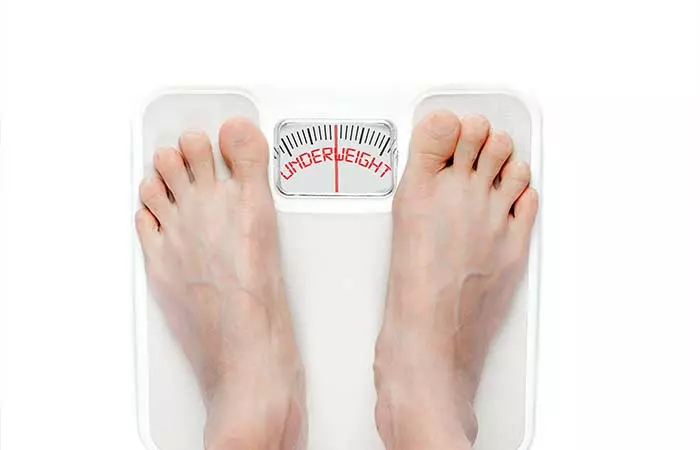
4. Can Aid Weight Loss

The number one reason for this is the fiber in kidney beans. Scores of studies have shown how fiber can positively impact weight. Fiber keeps you full and also increases the thermic effect of the food (the energy it takes to break down food). Kidney beans protein content is high, which makes it more filling than carbs and may aid weight loss too.
Research has also gone into isolating alpha-amylase inhibitorsi Substances that inhibit the alpha-amylase enzyme, decreasing blood sugar rises after meals and slow down the breakdown of carbs. from kidney bean extracts – these inhibitors help prevent starch absorption and breakdown, and can hence aid weight loss (6).
In yet another study, a group of subjects on a tablet containing the bean extracts had seen a significant reduction in their body weight, body mass, and adipose tissues in a matter of 30 days (7).
5. Kidney Beans Help Strengthen Bones
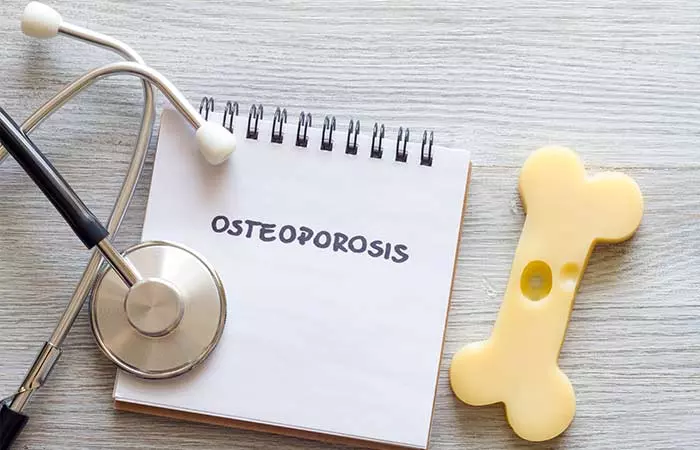
The calcium and magnesium in kidney beans can strengthen the bones and prevent osteoporosisi A disorder where the bones become weaker and more brittle makes them more likely to break because of decreased bone mass and density. . And the folate in the beans helps maintain joint health – thereby reducing the risk of bone diseases, including osteomalacia (the softening of bones) and osteoporosis.
Some research also shows that kidney beans might be good for individuals with gout – due to their protein content (even though they contain moderate amounts of purines) (8).
6. Are Good For Babies
Kidney beans contain essential nutrients that help in the growth and development of babies. They are high in calcium and potassium, which are important for bone strength. They also contain protein, an essential building block for growth and development.
The folate in kidney beans also plays a major role in the brain development of babies.
7. Are Beneficial For Bodybuilding

As kidney beans are rich in carbs, they provide sustained energy for your training sessions. But ensure you have beans in your meals, and not immediately post workout. You want to take simple carbs post workouts, so beans may not be a great option. The beans also contain protein – a nutrient that offers all the essential amino acids to the body. Remember to also take high quality protein sources with BCAAs (branched chain amino acids) and 2.5 grams of leucinei An essential amino acid that is biosynthesized by the skeletal muscles to provide energy during exercise or physical activities. within at least 30 minutes post workout – these are especially effective for muscle building, something which kidney beans may not offer.
Kidney beans are also calorie-dense, which can be a huge plus for bodybuilders. And the magnesium in the beans plays an important role in protein synthesis – the nutrient also helps in muscular contraction and relaxation.
8. Could Be Important During Pregnancy
The best part about kidney beans is that they contain protein, fiber, iron, and antioxidants – all of which are quite essential, especially during pregnancy (9). Your blood volume increases during pregnancy, and this means you need more iron to produce more hemoglobin. And iron, along with folate, helps in the baby’s cognitive development.
The fiber in kidney beans helps your pregnant digestive tract function properly. This is because, during this period, hormones can interact with the digestion process and lead to constipation. The optimum amount of fiber in kidney beans can help avoid this.
Did You Know? The top 5 bean varieties grown in the US are – pinto beans, navy beans, black beans, kidney beans, and the Great Northern beans.
That’s about the crucial benefits of kidney beans. Reap these benefits by trying the delicious recipe given below.
Kidney Beans Recipe
1. Spiced Kidney Beans
Ingredients
- 2 cans of kidney beans
- 1 finely chopped onion
- 2 cloves of minced garlic
- 1 diced red bell pepper
- 1 teaspoon of cumin
- 1 teaspoon of paprika
- 1 can of diced tomatoes
- 1 tablespoon of olive oil
- 1 tablespoon of cilantro
- Salt and pepper to taste
How To Prepare
1. Heat the olive oil in a pan over medium heat. Sauté the onions and garlic until they become translucent.
2. Add in the cumin and paprika and let the spices become aromatic.
3. Toss in the red bell pepper, then sauté the ingredients for a few minutes.
4. Add the kidney beans and diced tomatoes to the pan and season with salt and pepper.
5. Simmer the dish for 15-20 minutes until the flavors meld and the sauce thickens.
6. Serve it hot, garnished with fresh cilantro.
Jessley, a vlogger, elaborated on the health benefits of consuming rajma, also known as red kidney beans. She also shared tips on how and when to consume kidney beans to avoid digestive discomfort. She said, “I consume almost all varieties of kidney beans available, but my favorite is the small dark red shiny that is a kashmiri rajma. This variety absorbs more flavor and it retains its bright or beautiful red color even after cooking (i).”
We know kidney beans contain some of the most important nutrients. But there are certain other nutrients too that make them what they are. Scroll down to the next section to know more about kidney beans nutrition value.
What Is The Nutritional Profile Of Kidney Beans?
| Nutrients | Percentage of RDA | |
|---|---|---|
| Calories 127 | ||
| Total Fat (0.5 g) | 0% | |
| Saturated fat (0.1g) | 0% | |
| Polyunsaturated fat (0.3g) | ||
| Monounsaturated fat (0g) | ||
| Cholesterol (0 mg) | 0% | |
| Sodium (1 mg) | 0% | |
| Potassium (405 mg) | 11% | |
| Total Carbohydrate (23g) | 7% | |
| Dietary fiber (6g) | 24% | |
| Sugar (0.3g) | ||
| Protein (9g) | 18% | |
| Vitamin A | 0% | |
| Vitamin C | 2% | |
| Calcium | 3% | |
| Iron | 12% | |
| Vitamin D | 0% | |
| Vitamin B-6 | 5% | |
| Vitamin B-12 | 0% | |
| Magnesium | 10% | |
| Amount Per 100 grams | ||
Now that you know how good kidney beans are for you, check out some tasty ways to enjoy them every day in the next section. Read on!
How To Incorporate Kidney Beans Into Your Diet?
- Add cooked kidney beans to pasta salads, quinoa bowls, or green salads for a fiber and protein punch.
- Mash or leave whole, kidney beans are perfect in vegetarian or meat tacos, burritos, or quesadillas.
- Try kidney beans in rice bowls, stir-fries, or traditional dishes like rajma chawal.
- Add more texture and nutrients to tomato-based sauces, especially in vegetarian pasta meals, with mashed kidney beans.
- Puree kidney beans with lemon juice, olive oil, and garlic to make a filling sandwich spread or dip.
- Mash with spices, oats, and veggies to form patties for healthy homemade bean burgers.
That’s impressive, isn’t it? But this doesn’t mean the beans come with absolutely no side effects. There are certain things to keep in mind.
What Are The Side Effects Of Kidney Beans?
- Hemagglutinin Poisoning
Kidney beans contain hemagglutinin, an antibody that can cause red blood cells to clump (10). Excess amounts of this compound can lead to diarrhea, nausea, abdominal pain, and vomiting. However, the danger lies in the raw beans only as the substance becomes inactive upon cooking. To ensure kidney beans are safe to eat, soak them for at least 5 hours and then boil them for at least 10 minutes to remove harmful toxins.
- Digestive Issues
The fiber in the beans can work both ways. Excess intake of the beans can lead to gas, diarrhea, and blocked intestines.
- Cancer Risk
Excess folate has also been linked to cancer. Studies have shown individuals taking 800 mcg of folate (the RDA is 400 mcg) per day showed an elevated risk of cancer (11).
- Organ Damage
Though the iron in the beans is beneficial, excess of it can lead to heart and brain damage.
Infographic: Interesting Facts And Types Of Kidney Beans
Kidney beans are rich sources of plant protein and add a delicious flavor to dishes. They resemble human kidneys and are packed with many essential nutrients. They have a firmer texture and retain their shape even after cooking. Click on the infographic below to learn more about kidney beans.
Some thing wrong with infographic shortcode. please verify shortcode syntax
 Did You Know?
Did You Know?Kidney beans are one of the richest sources of plant protein. Rich in fiber and essential minerals, kidney beans help build muscle mass, strengthen the bones, and promote blood sugar control while boosting your digestive health as well. A good source of iron and folate, these nutritious beans are also beneficial for a healthy pregnancy. While there are several benefits of kidney beans and these are easy to incorporate in various cuisines, they should be had in moderation to avoid any possible side effects. For a diverse and nutritious diet, consider incorporating cowpeas and green beans, along with kidney beans. These legumes are rich in essential nutrients and can be a great addition to your meals, giving you many health benefits.
Frequently Asked Questions
Are red beans the same as kidney beans?
Red beans are slightly smaller and rounder than kidney beans, but otherwise, they are fairly similar. In fact, red beans can be a very good substitute for kidney beans.
How to eat kidney beans?
You can add kidney beans to your vegetable salad or evening soup. You can also add the beans to rice preparations.
What are kidney beans called in other languages?
Kidney beans are called rajma in Hindi and frijoles in Spanish.
Are kidney beans anti-inflammatory?
Common beans are a vital source of phenolic compounds with anti-inflammatory properties and nondigestible fermentable components (12).
Are kidney beans good for the skin?
Yes. The nutrients and antioxidants in them can boost your skin health. Studies found that topical use of red kidney beans may keep the skin smoothe, moisturized, bright and help manage wrinkles (13).
Illustration: Benefits Of Kidney Beans, Nutrition, And Side Effects
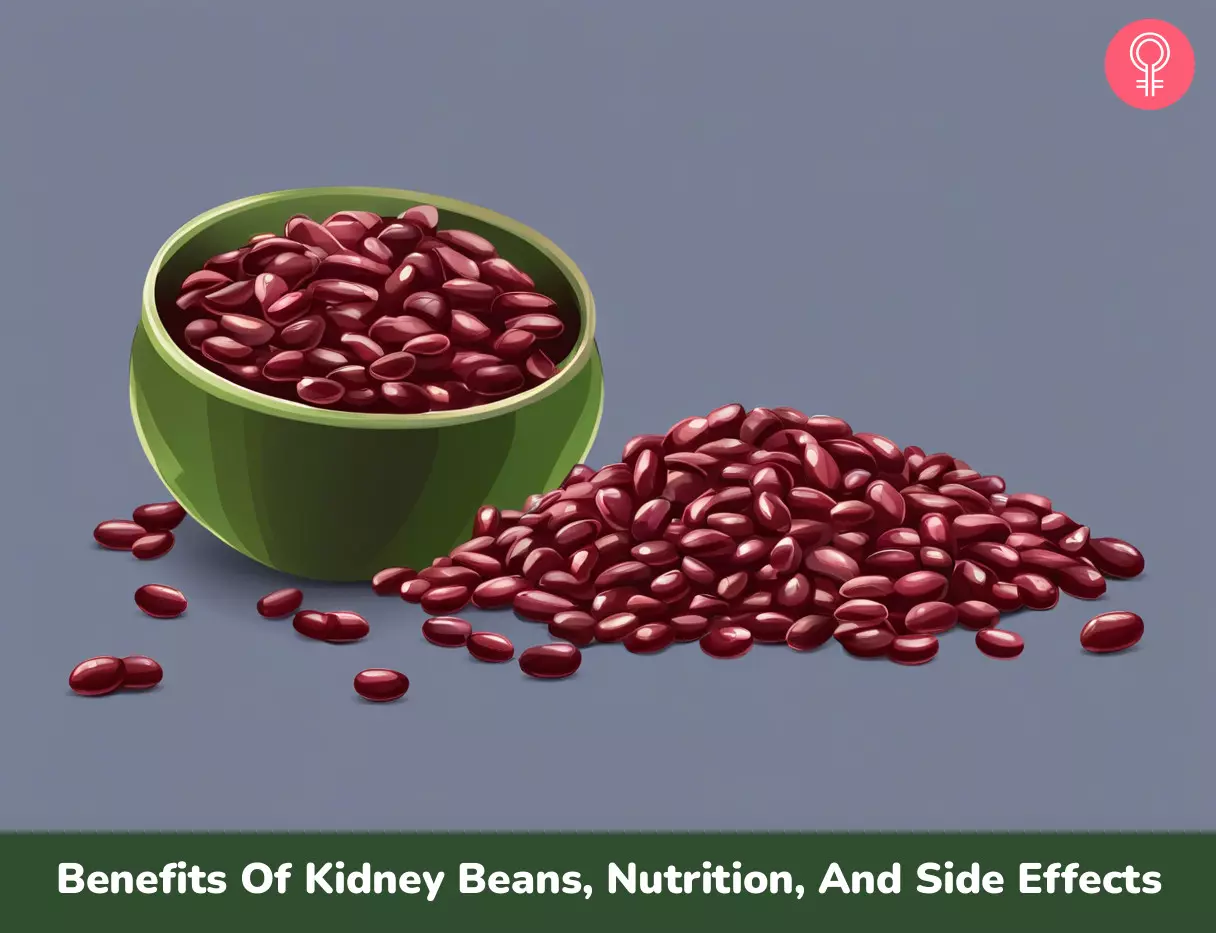
Image: Stable Diffusion/StyleCraze Design Team
Discover the amazing benefits of kidney beans in this informative video. Click on it to learn why you should consume these nutrient-packed beans to improve your health and well-being.
Personal Experience: Source
StyleCraze's articles are interwoven with authentic personal narratives that provide depth and resonance to our content. Below are the sources of the personal accounts referenced in this article.
i. She shared tips on how and when to consume kidney beans to avoid digestive discomfort.,
https://www.youtube.com/watch?v=xlT4ErC0yrg
References
Articles on StyleCraze are backed by verified information from peer-reviewed and academic research papers, reputed organizations, research institutions, and medical associations to ensure accuracy and relevance. Read our editorial policy to learn more.
- What Superstar Foods Are Good For Diabetes?
https://diabetes.org/food-nutrition/food-and-blood-sugar/diabetes-superstar-foods - Functional components profile and glycemic index of kidney beans
https://pmc.ncbi.nlm.nih.gov/articles/PMC9667044/ - Non-Soy Legume Consumption Lowers Cholesterol Levels: A Meta-Analysis of Randomized Controlled Trials
https://pmc.ncbi.nlm.nih.gov/articles/PMC2888631/ - Dietary Flavonoids and Colorectal Adenoma Recurrence in the Polyp Prevention Trial
https://pmc.ncbi.nlm.nih.gov/articles/PMC2517243/ - The Cancer Research
https://www.aicr.org/cancer-prevention/food-facts/dry-beans-and-peas-legumes/ - Medicinal Plants Traditionally Used for Treatment of Obesity and Diabetes Mellitus – Screening for Pancreatic Lipase and α-Amylase Inhibition
https://onlinelibrary.wiley.com/doi/abs/10.1002/ptr.5525 - A proprietary alpha-amylase inhibitor from white bean (Phaseolus vulgaris): A review of clinical studies on weight loss and glycemic control
https://pmc.ncbi.nlm.nih.gov/articles/PMC3071778/ - Gout diet: What’s allowed, what’s not
https://www.mayoclinic.org/healthy-lifestyle/nutrition-and-healthy-eating/in-depth/gout-diet/art-20048524 - ACCEPTABILITY AND NUTRIENT CONTENT OF INSTANT DRINK MADE FROM YELLOW SWEET POTATO AND RED KIDNEY BEAN AS AN ALTERNATIVE SUPPLEMENTARY DRINK FOR PREGNANT WOMEN WITH CHRONIC ENERGY DEFICIENCY
https://www.researchgate.net/publication/349002726_ACCEPTABILITY_AND_NUTRIENT_CONTENT_OF_INSTANT_DRINK_MADE_FROM_YELLOW_SWEET_POTATO_AND_RED_KIDNEY_BEAN_AS_AN_ALTERNATIVE_SUPPLEMENTARY_DRINK_FOR_PREGNANT_WOMEN_WITH_CHRONIC_ENERGY_DEFICIENCY - New research highlights: Impact of chronic ingestion of white kidney beans (Phaseolus vulgaris L. var. Beldia) on small-intestinal disaccharidase activity in Wistar rats
https://pmc.ncbi.nlm.nih.gov/articles/PMC5735304/ - Too much folate – a risk factor for cancer and cardiovascular disease?
https://pmc.ncbi.nlm.nih.gov/articles/PMC2790187/ - White and dark kidney beans reduce colonic mucosal damage and inflammation in response to dextran sodium sulfate
https://pubmed.ncbi.nlm.nih.gov/25841250/ - Formulation of Phaseolus vulgaris L. cream and its characterization
https://pubmed.ncbi.nlm.nih.gov/32863256/
Read full bio of Lauren Smith
Read full bio of Ravi Teja Tadimalla
Read full bio of Arshiya Syeda
Read full bio of Aparna Mallampalli





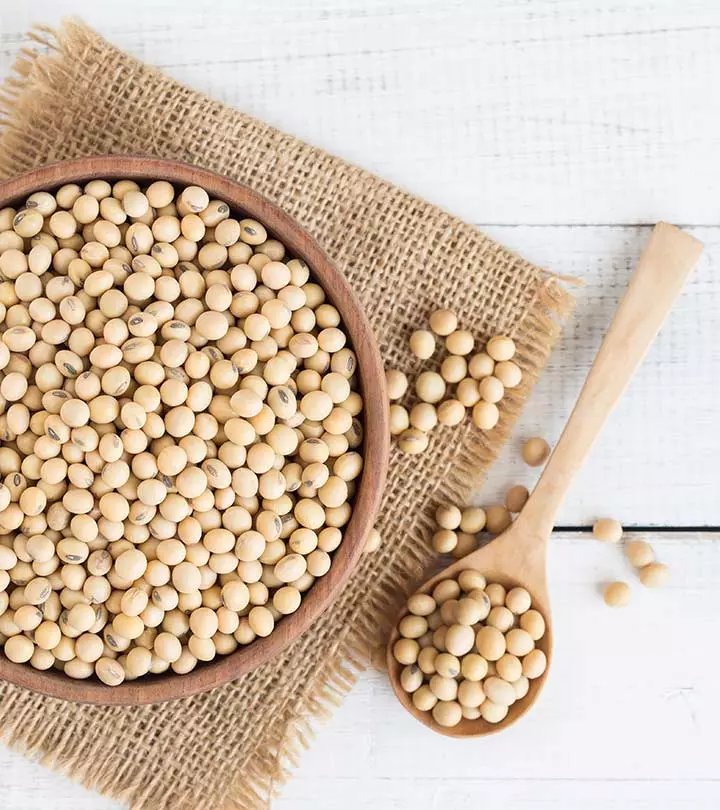

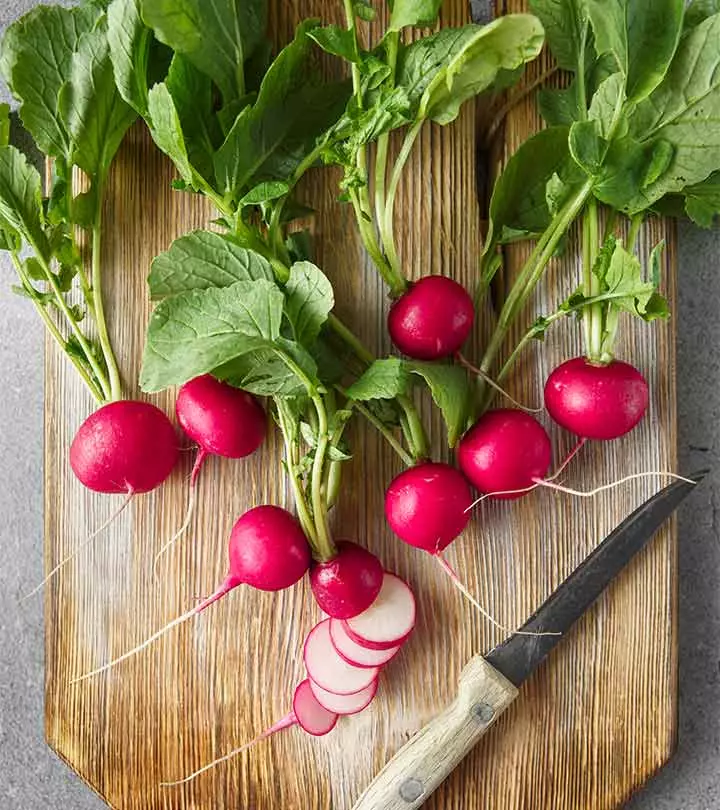
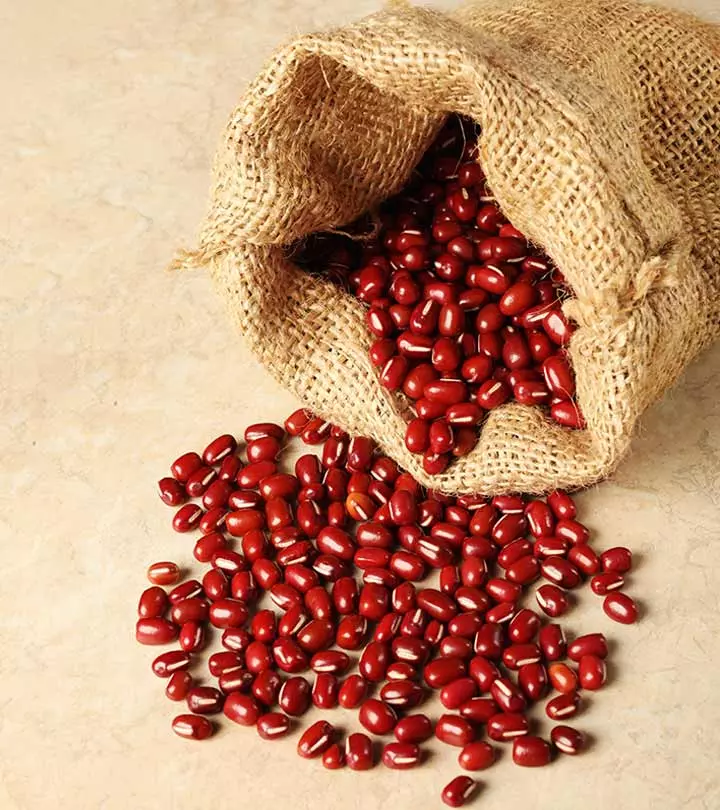
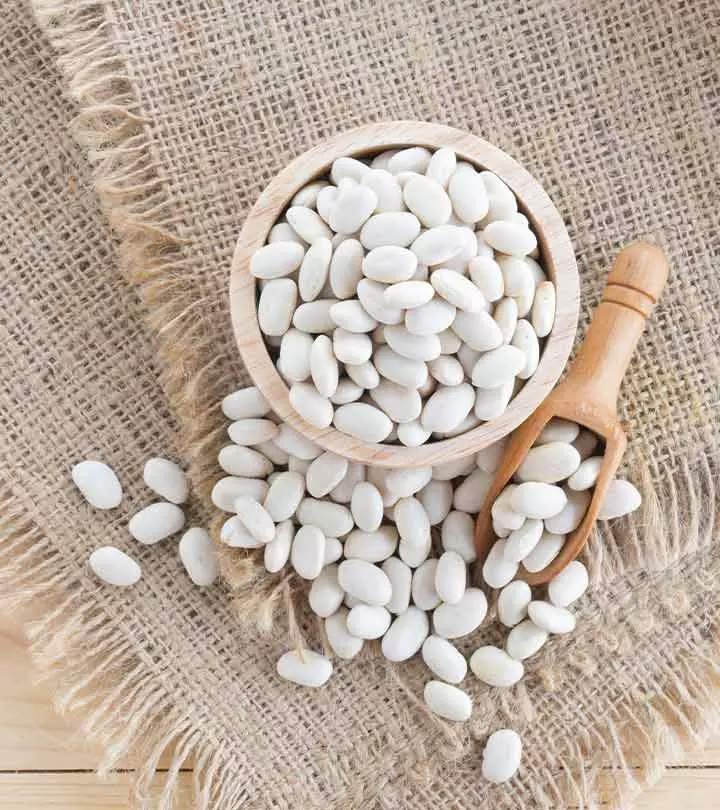
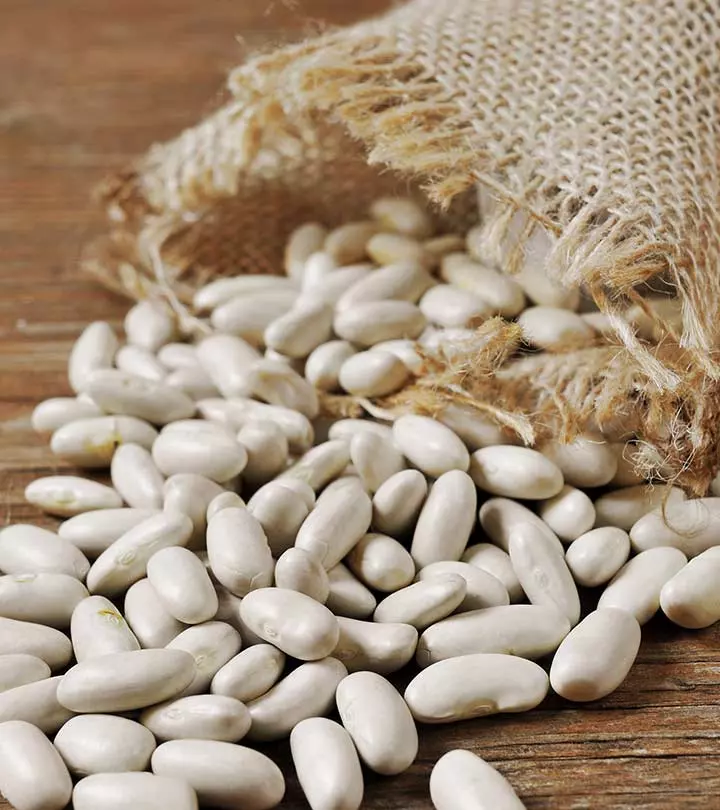
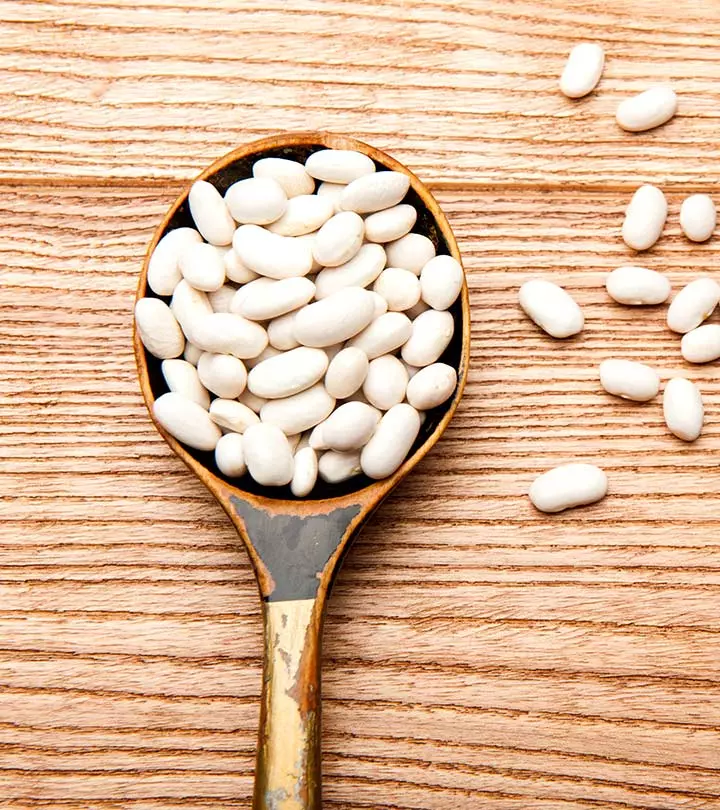
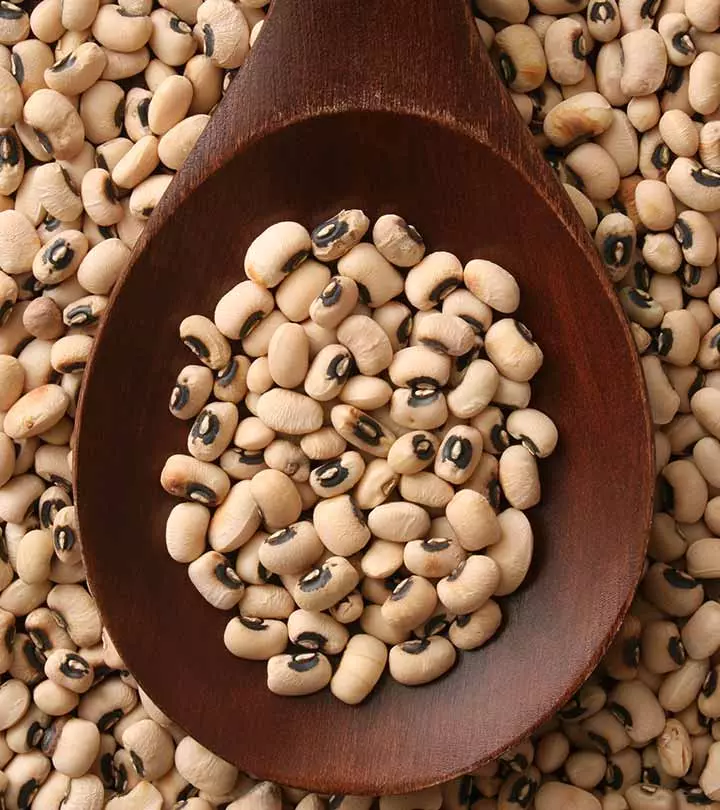
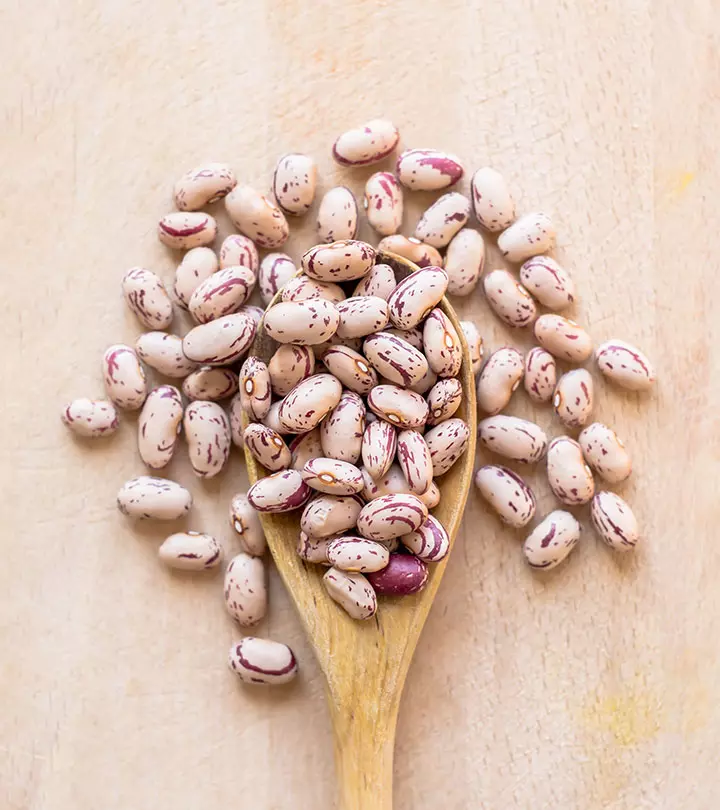

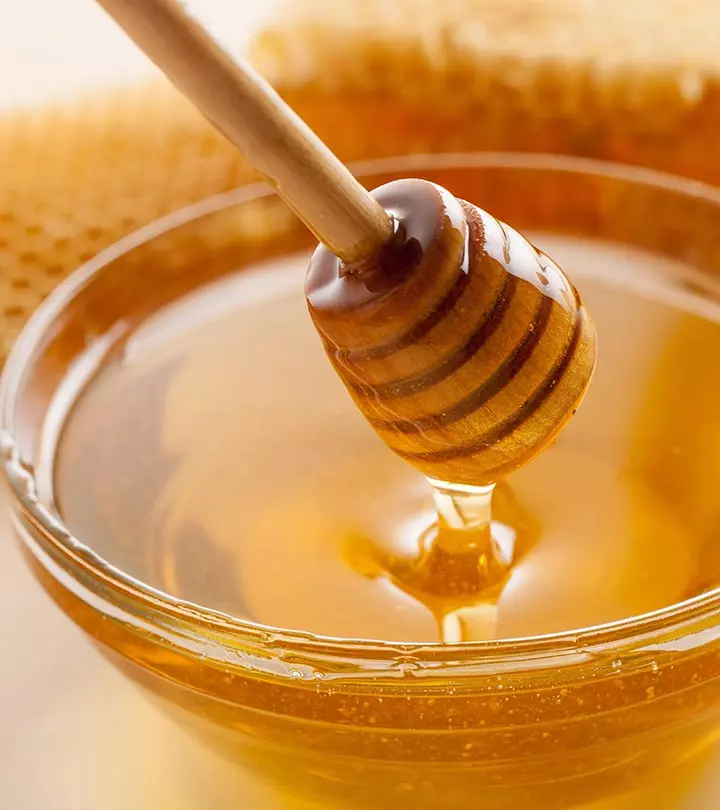
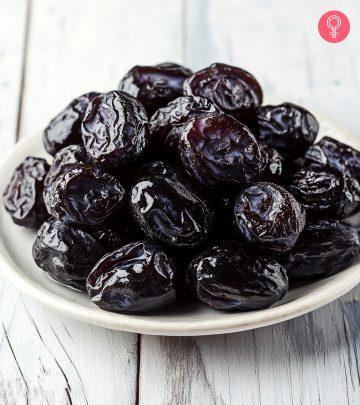
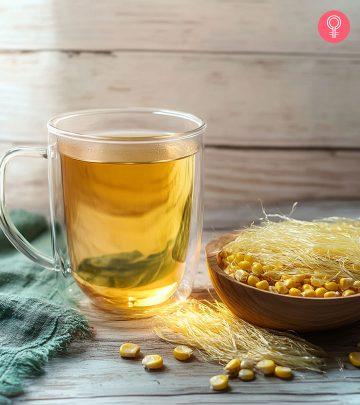
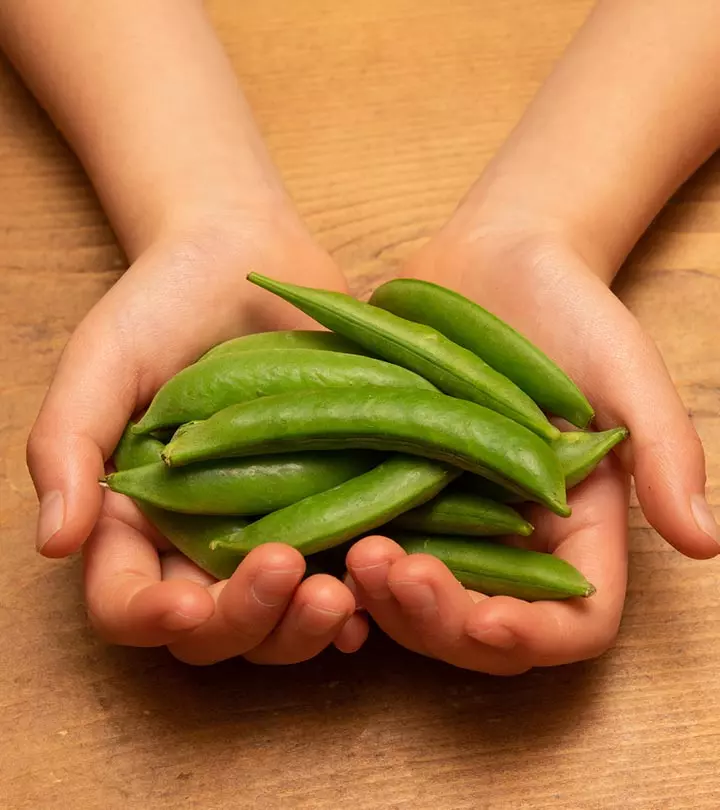
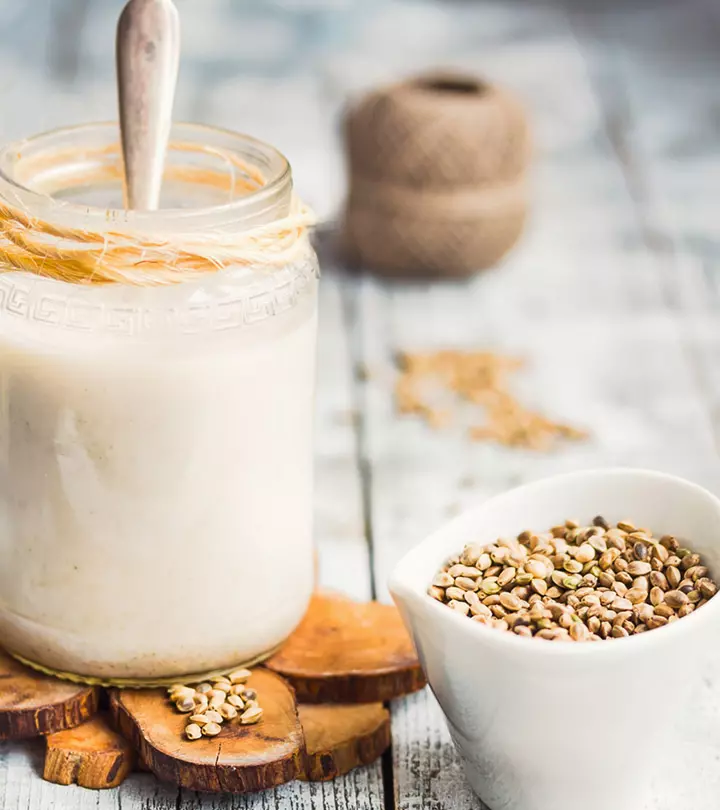
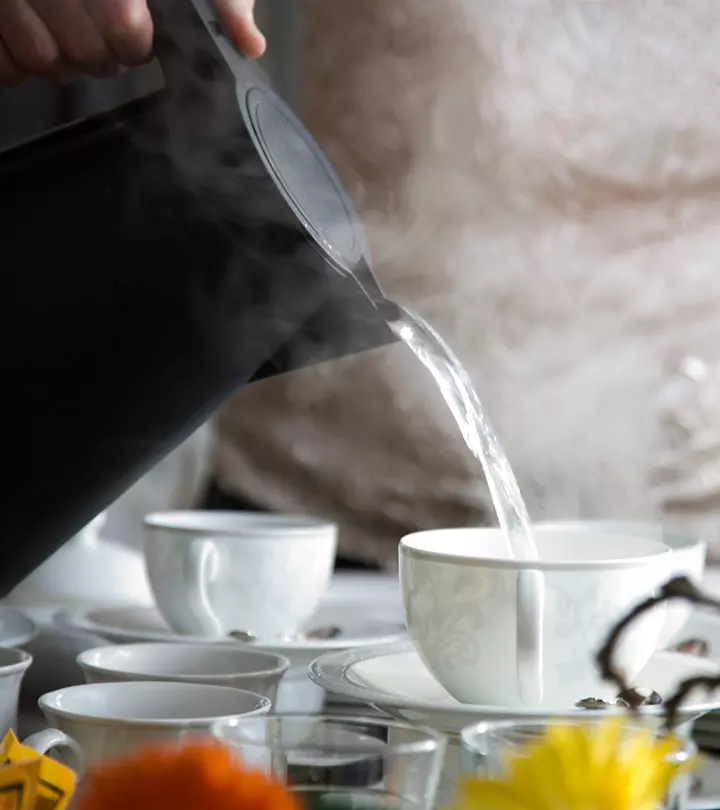
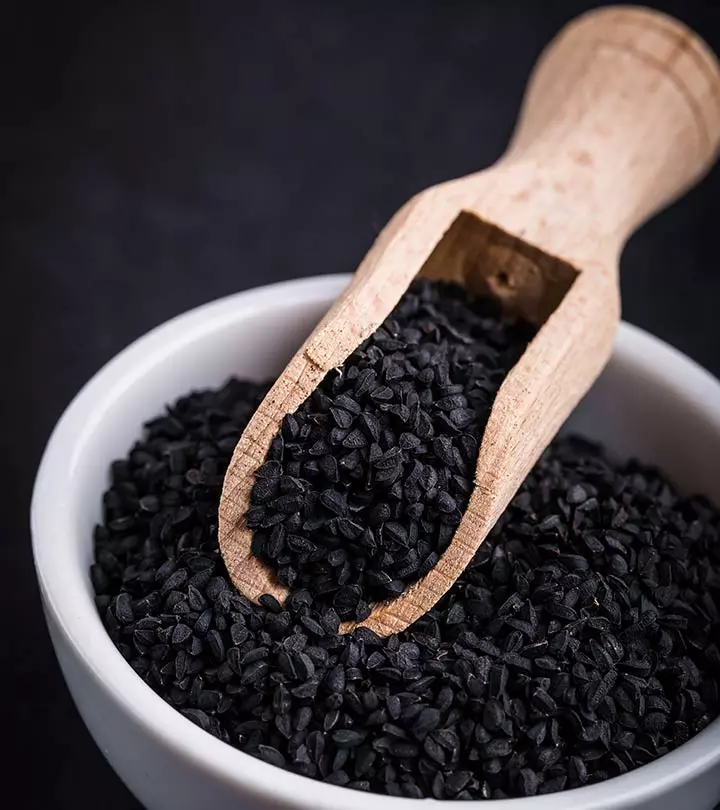
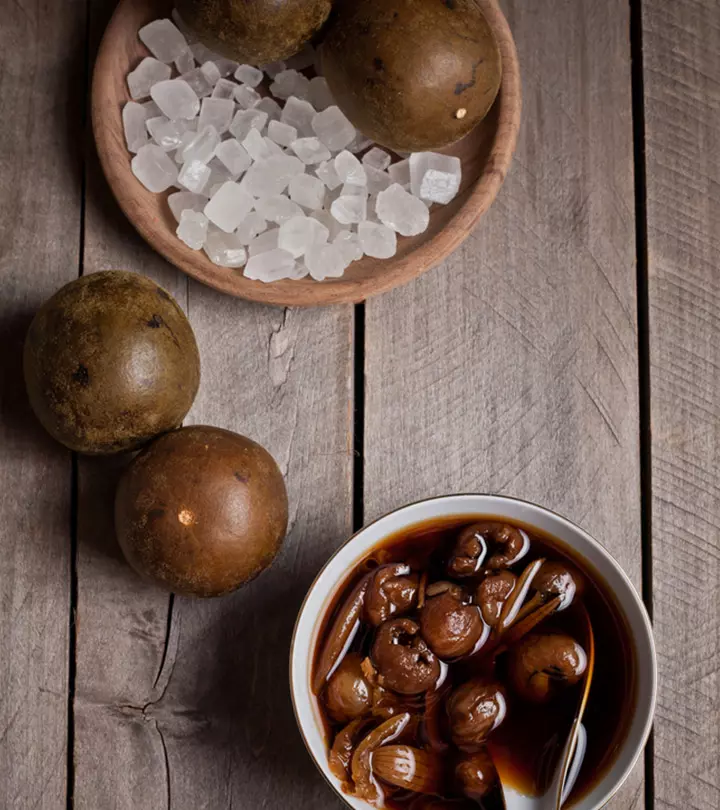
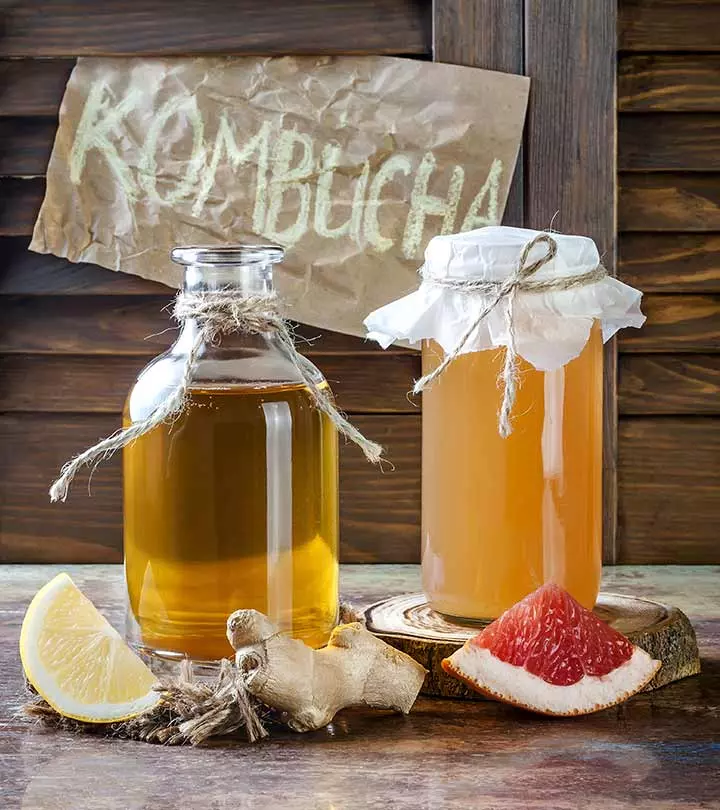

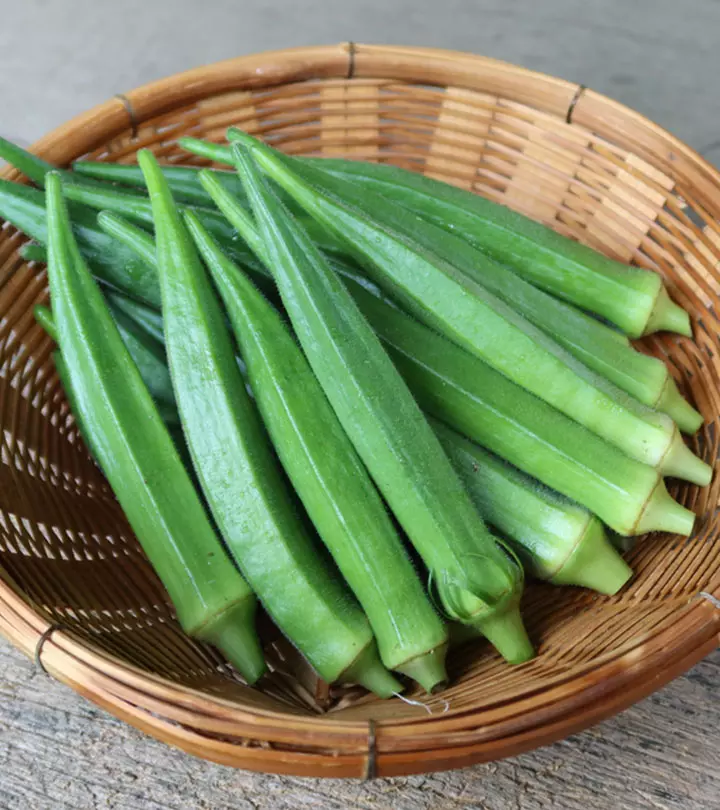
Community Experiences
Join the conversation and become a part of our empowering community! Share your stories, experiences, and insights to connect with other beauty, lifestyle, and health enthusiasts.